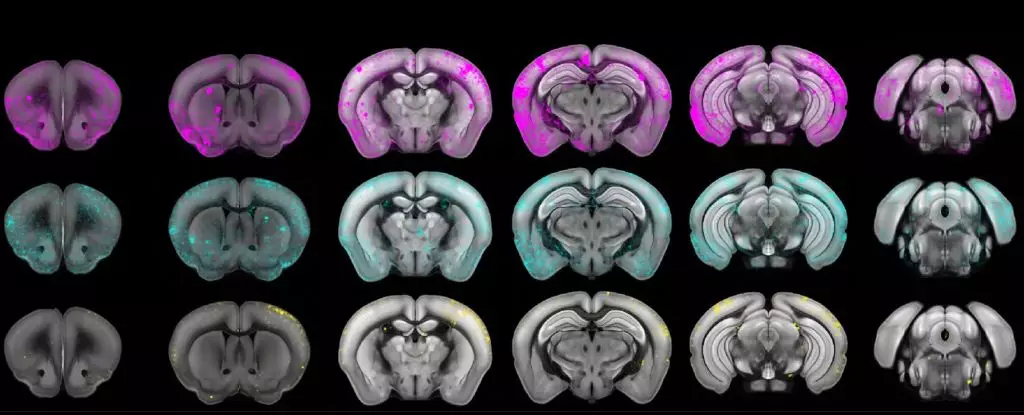The idea of using a parasite to deliver important therapeutics to the brain may sound like something straight out of science fiction, but recent research suggests that it could be a viable option in the near future. The parasite in question is Toxoplasma gondii, a common protozoan that has the ability to cross the blood-brain barrier and infect the brains of its hosts. While T. gondii is typically associated with causing the disease toxoplasmosis, researchers are now exploring the possibility of harnessing its unique abilities for more positive outcomes.
The main advantage of using T. gondii as a delivery system for therapeutics lies in its ability to cross the blood-brain barrier, a feat that most substances struggle to achieve. This barrier is a protective membrane that separates the bloodstream from the brain tissue and central nervous system, making it difficult for therapeutic molecules to reach their intended targets in the brain. By engineering T. gondii to carry and deliver therapeutic proteins to neurons, researchers hope to overcome this hurdle and provide treatment options for conditions that are traditionally hard to access.
A team of researchers led by neuroscientist Shahar Bracha from the Massachusetts Institute of Technology has made significant progress in demonstrating the potential of using T. gondii as a delivery system for therapeutics. Through a series of experiments conducted on lab-grown human brain tissue and living mice, they were able to show that engineered T. gondii could successfully deliver therapeutic proteins with minimal side effects. This opens up new possibilities for treating neurological conditions that were previously considered hard to reach.
In addition to its potential as a therapeutic delivery system, T. gondii also holds promise as a powerful tool for studying the brain and investigating protein activity in neurons. Neurons, the cells responsible for transmitting signals in the brain, are notoriously difficult to target with existing methods. By using engineered T. gondii to deliver specific proteins to neurons, researchers can gain valuable insights into how these proteins interact with brain tissue and potentially develop new treatments for neurological disorders.
While the idea of using a parasite to treat neurological conditions may raise some ethical concerns, the potential benefits of such an approach cannot be ignored. By harnessing the unique abilities of T. gondii to cross the blood-brain barrier and interact with neurons, researchers have unlocked a new avenue for delivering therapeutics to the brain. With further research and refinement, this innovative approach could revolutionize the way we treat and study neurological disorders in the future.


Leave a Reply